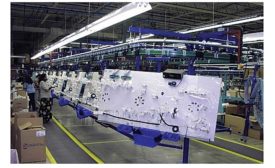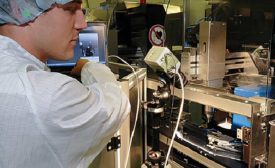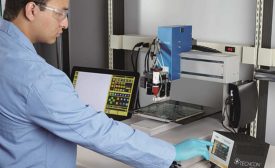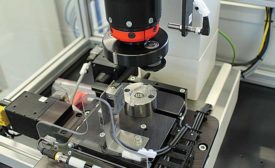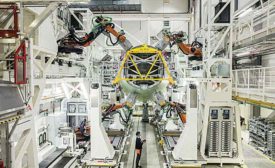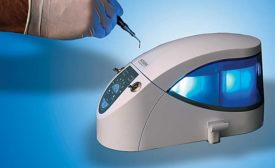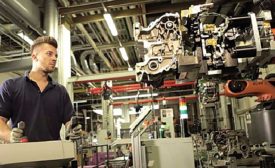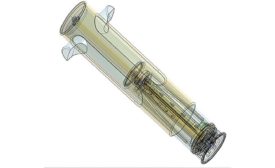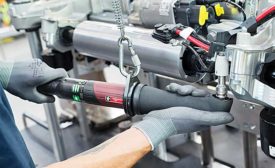Industries
New technology helps engineers gather real-time data on manual assembly processes, such as wire harness assembly.
Read More
Remembering the Assembly--and Repair--of the Hubble Space Telescope
The Hubble Space Telescope launched a new age of astronomy, but assembly snafus nearly created a techno turkey
January 13, 2020
The Appeal of Piezo Jet Valve Dispensing
For applications requiring high speed and precision, cutting-edge piezo jet valve dispensing technology is the way to go
January 9, 2020
Roller Forming for Cylindrical Assemblies
The Roller Forming Process Forms a Curl or Lip on the Edge or Rim of a Hollow, Cylindrical Part
January 8, 2020
Best Practices for Transitioning from Design to Assembly in Medical Device Manufacturing
Design Transfer Can Ensure a Smooth Product Development Process
January 7, 2020
Never miss the latest news and trends driving the manufacturing industry
Stay in the know on the latest assembly trends.
JOIN TODAY!Copyright ©2024. All Rights Reserved BNP Media.
Design, CMS, Hosting & Web Development :: ePublishing
